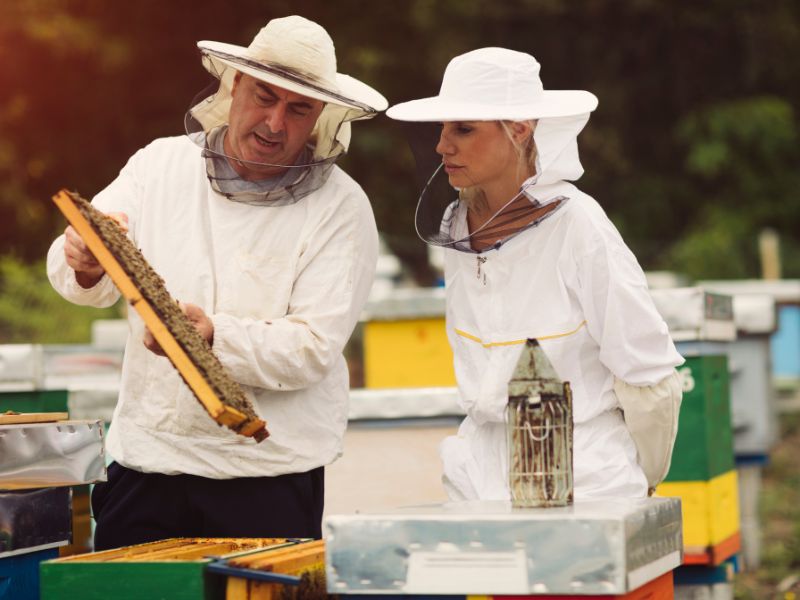What makes Brazilian coffee so special? For many, the answer lies in its rich flavors, diverse varieties, and the country’s ideal growing conditions. Brazil is the largest producer of coffee in the world, responsible for about one-third of global production. But what exactly sets coffee from Brazil apart, and why does it hold such a prominent place in the coffee world?
Table of Contents:
Regional Differences of Brazilian Coffee
Brazil’s coffee-growing regions are spread across several states, each with its own unique climate and topography. These regions include Minas Gerais, São Paulo, Espírito Santo, and Bahia, among others.
The variation in altitude, temperature, and rainfall in these areas contributes to the distinct flavors found in Brazil’scoffee. For example, coffee grown in the highlands of Minas Gerais tends to have a bright acidity and fruity notes, while beans from lower altitudes may offer a smoother, chocolatey flavor.
Coffee Bean Types
The diversity of coffee from Brazil is also evident in the wide range of bean types the country produces. From the well-known Arabica to the more robust Robusta, Brazil’s coffee caters to various tastes and preferences.

Arabica beans, which make up the majority of Brazil’s coffee production, are prized for their delicate flavors and lower caffeine content. On the other hand, Robusta beans are known for their stronger, more bitter taste and are often used in espresso blends.
It’s in the Processing
One of the factors that contribute to the distinct characteristics of Brazilian coffee (coffee-ninja.com/en/) is the method of processing the beans. Brazil predominantly uses the dry, or natural, processing method, where the coffee cherries are dried with the fruit still attached to the bean.
This process imparts a heavier body and a sweet, fruity profile to the coffee. While other processing methods like washed and pulped natural are also used, the dry method is most commonly associated with coffee from Brazil.
Consistency and Reliability
In addition to its flavor profile, Brazil’s coffee is also recognized for its consistency and reliability. The country’s well-established infrastructure and large-scale farms allow for efficient production and distribution, ensuring a steady supply of high-quality coffee beans.
This consistency makes Brazilian coffee a favorite among coffee roasters and consumers alike, as they can rely on a uniform taste and quality from batch to batch.
The Coffee Culture
The cultural significance of coffee in Brazil cannot be overlooked either. Coffee is deeply ingrained in Brazilian society, with cafes, or “cafeterias,” serving as important social hubs where people gather to chat, work, and enjoy a cup of coffee. The country’s coffee culture is also evident in traditional rituals like the “cafezinho,” a small, strong coffee often served to guests as a sign of hospitality.
Wrapping It Up
Brazil’s coffee stands out not only for its rich flavors and variety but also for its cultural importance and consistent quality. Whether you’re a fan of a bright, acidic cup or prefer a smooth, chocolatey brew, coffee from Brazil offers something for every coffee lover.
So the next time you’re choosing your morning brew, consider reaching for a bag of Brazilian coffee to experience the unique characteristics that make it a global favorite.





